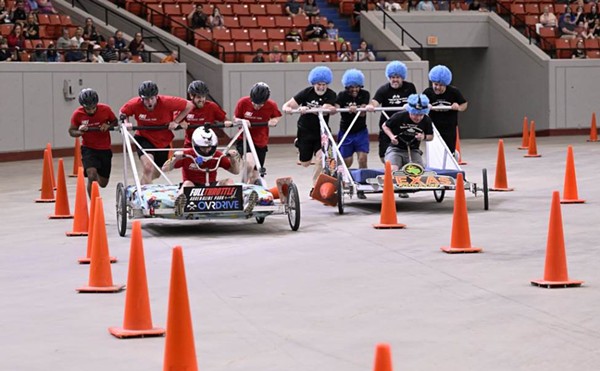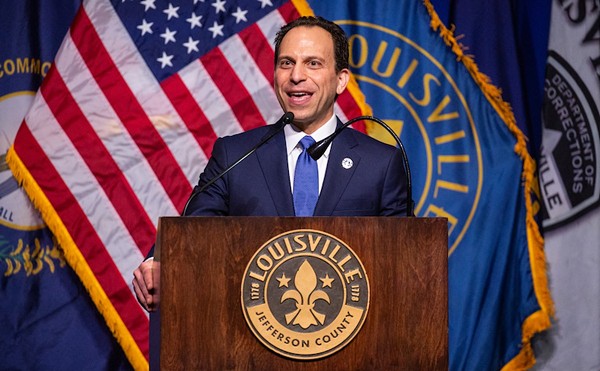For the past several weeks, I have been glued to the television, horrified by images of the devastating Deepwater Horizon oil rig disaster on the Gulf of Mexico. The explanations and updates of “top hats,” “top kills,” “junk shots” and containment domes intended to control and mitigate what can only be described as a catastrophe does nothing to quell my feelings of despair.
The passionless words of industry and government officials and the passion-filled, but self-serving, rhetoric of politicians and political pundits only churns my anger, sadness, frustration and fears as I reflect on the misguided direction we are heading in as a society.
It’s a shame that despite concern for what’s happening in the Gulf of Mexico, most people are either unaware or choose to ignore that their own behavior is intricately linked to this disaster and others that occur each year around the globe. We complain about the blame game being played by BP, Transocean, Halliburton and the federal government, but we never consider our own culpability in the ongoing destruction of our planet.
Between news reports of the disaster, I can’t escape advertisements for sleek, new cars whose fuel efficiency has changed little in 30 years, but can now zoom from zero to 60 miles per hour in four seconds instead of five. Then there are commercials for lawn treatment services that use oil-based pesticides and fertilizers that promise perfectly manicured, emerald-green lawns free of weeds and insects. Two-minute infomercials tout petrochemical-derived plastic doohickeys that are indispensable, but will eventually wind up, like most other waste we generate, stuffed in plastic trash bags in plastic garbage cans to be hauled away by diesel-powered garbage trucks for burial or incineration. Even the detergents used to cleanse a miniscule number of the thousands of wild animals doomed to die in the gulf are made from oil.
The sad irony of the commercial break will be completely lost on most people or forgotten within moments by the rest. How many of us have seriously examined, much less altered, our own values and consumption patterns? If we really cared about the aesthetic splendor of the Gulf of Mexico, the intrinsic value of wildlife and the fragile ecosystems upon which it depends, as well as the welfare and livelihood of our neighbors, our values, consumer choices and political decisions would be startlingly different.
But our so-called addiction to oil and indiscriminate use of petrochemicals is symptomatic of a broader compulsion to mindlessly consume. From politicians who encourage us to go out and shop to help bolster the economy to the power of advertising and its public relations counterpart, we’ve been brainwashed into believing that the more we consume, the better off we are. It matters little what and how much we consume, how it’s produced, how it’s delivered or how it’s disposed of — just that we continue to consume. The concept of British economist E.F. Schumacher that consumption is merely a means to well being and that we should strive for the maximum amount of well being with the minimum amount of consumption is far removed from our current value system and how we actually live. Do individual happiness and the very health of our economy and the strength of our nation really depend on the conspicuous and gluttonous consumption of citizens who unwittingly feed the obscene profits of companies such as BP?
One particularly haunting image of a terrified, oil-soaked bird struggling to survive in the blighted gulf reminds me of a quote by Irish writer Robert Lynd. “There is nothing in which the birds differ more from man than the way in which they can build and yet leave a landscape as it was before.” It’s sickening to think that the songs of these beautiful birds will have been silenced by the vile chant of “Drill, Baby, Drill.” How pitifully tragic that the millions of birds and other wild animals who live and breed and rest in the gulf are victimized by our thoughtless, ignorant and callous way of life.
It will be at least two months before relief wells will, with any luck, seal off this ruinous leak, but no long-lasting relief will come until we change our values and our behavior. Quite simply, we need a new direction.
Andrea Lococo Reed serves as a wildlife consultant for the Animal Welfare Institute, a national animal protection organization headquartered in Washington, D.C. She also is an instructor in the Department of Philosophy at the University of Louisville.





